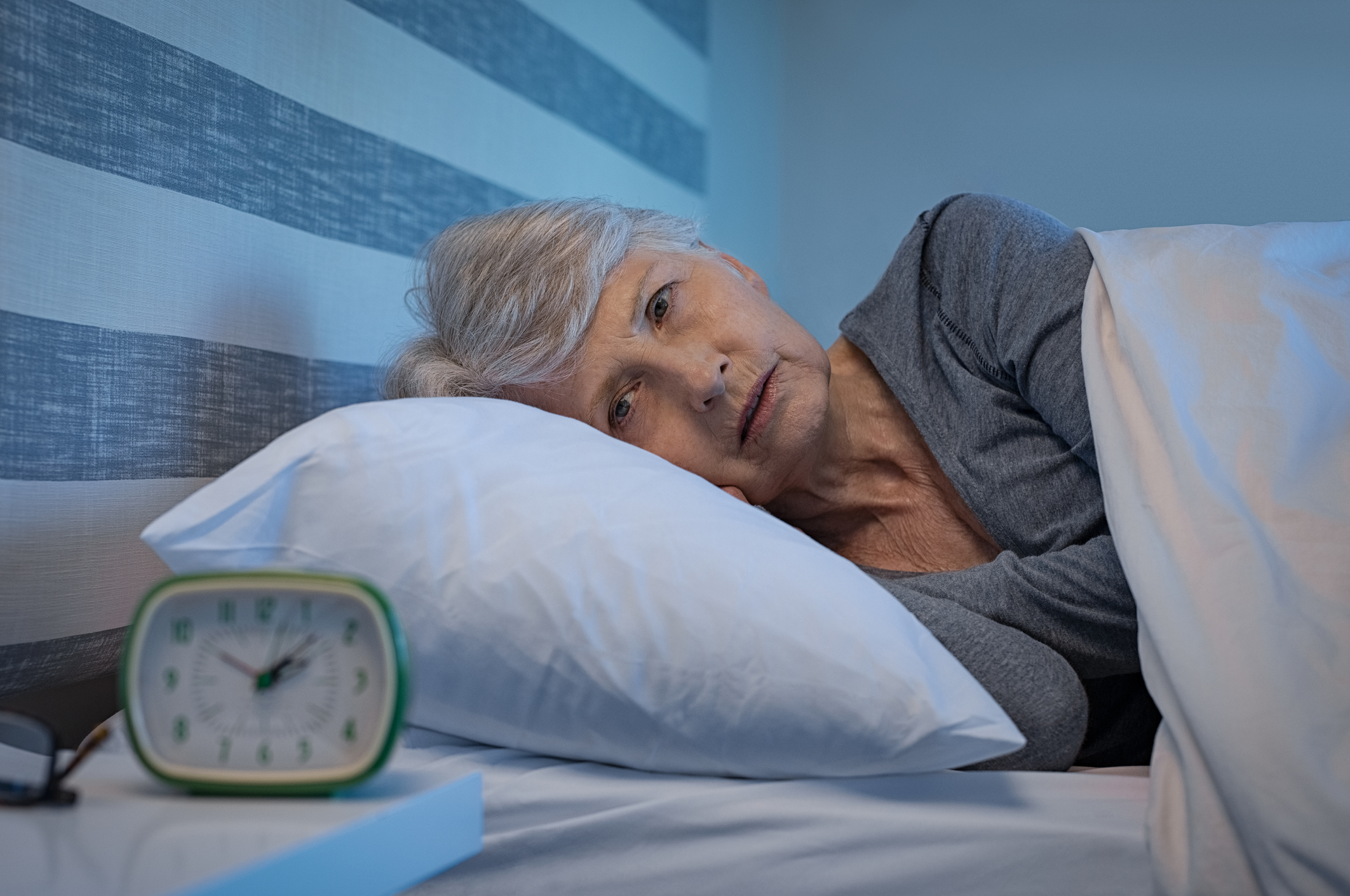If today was your opportunity to catch a few extra hours of sleep, it’s an indulgence that may help you function better throughout your week, stay healthier and for older women, even your bones may thank you.
According to a recent Futurity report, a study by the United States Women’s Health Initiative found that postmenopausal women who got five hours or less sleep per night had significantly lower bone mineral density and a greater risk for osteoporosis that could lead to a fracture. Injuries like a hip fracture from a fall are a top cause of hospitalization among older adults which frequently leads to functional decline and a loss of independence.
The study of more than 11,000 women, published in the Journal of Bone and Mineral Research, compared the bone density of women who slept the recommended seven or more hours each night with women who slept five hours or less a night. Women who slept less each night may not be have been getting enough time for proper bone remodelling, which is one of the vital processes the body goes through during sleep.
Disrupted or poor sleep is also associated with a number of health problems including obesity, diabetes and cardiovascular disease. And along with regular exercise and eating a healthy diet rich in fruits, vegetables and lean protein, getting enough quality sleep is a crucial component of aging well. By practicing good sleep hygiene, older adults can ensure a better night’s sleep.
Tips for Better Sleep
- Keeps screens out of the bedroom
- Make the bedroom a clean, dark, cool sanctuary for sleep.
- Practice a bedtime ritual, turning off screens one hour before sleep
- Eliminate caffeine later in the day
- Limit alcohol to 1 glass for women or 2 for men each day
- Stay hydrated throughout the day with plenty of water
- Talk to you doctor about snoring issues or apnea
- Avoid napping too long or late in the day
- Exercise earlier in the day, not within 3 hours of bedtime
- Avoid eating late in the day, heartburn can cause sleeplessness
Learn more about getting a good night’s sleep by following this link to the National Institute on Aging website.






Add Your Voice
0 Comments
Join the Discussion